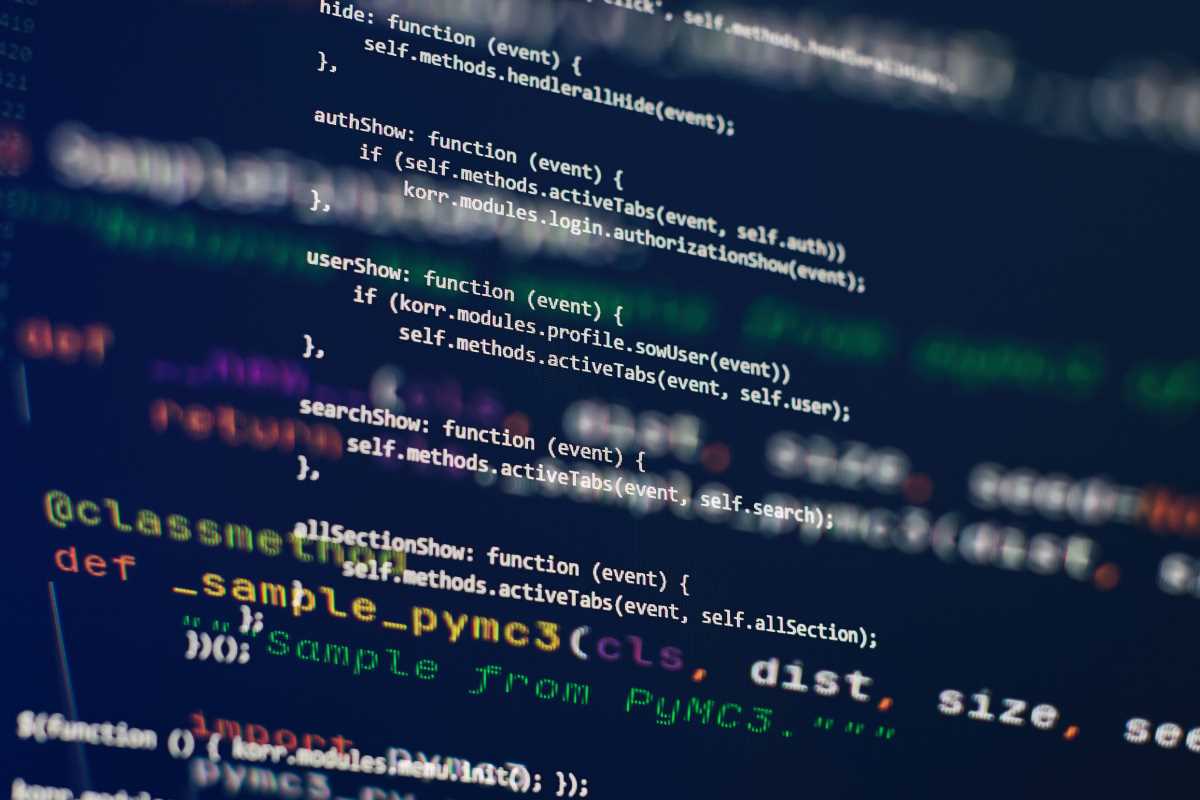Every coder understands the elusive nature of achieving flawless code on the first attempt. Bugs inevitably creep into the coding process, but your approach to tackling them can significantly influence your productivity and efficiency. By mastering straightforward debugging methods, you can smooth out your coding workflow, minimize the frustration that often accompanies error correction, and produce software that stands up to reliability standards. These techniques not only save time but also enhance your confidence as a developer, enabling you to focus on creativity and innovation rather than getting bogged down by persistent issues.
Understanding Debugging
Debugging involves identifying, analyzing, and fixing issues or "bugs" in your code. These bugs can range from minor typos to complex logical errors that cause your program to behave unexpectedly. Without effective debugging, even the most well-written code can fail to perform its intended function, leading to wasted time and resources.
Debugging plays a crucial role in ensuring that your software runs smoothly and meets the desired requirements. It helps in correcting errors and improves the overall quality of the code by making it more efficient and maintainable.
Simple Debugging Techniques
Enhancing your debugging skills can significantly boost your coding efficiency. Here are some straightforward techniques to help you debug effectively:
- Read the Error Messages Carefully: Error messages often contain valuable information about what went wrong and where. Take the time to understand them rather than ignoring or glossing over them.
- Use Print Statements: Inserting print statements at various points in your code helps you trace the flow of execution and identify where things go off track.
- Check Your Logic: Ensure that the logic used in your code is sound. Sometimes, the issue isn't with the syntax but with how the program is supposed to work.
- Break Down the Code: Isolate different parts of your code and test them individually. This approach helps you pinpoint the exact location of the bug.
- Stay Organized: Keep your code well-organized and commented. A clear structure makes it easier to locate and fix errors.
Common Debugging Mistakes to Avoid
- Ignoring Warning Messages: Warnings can serve as early indicators of potential problems. Ignoring them might lead to bigger issues later on.
- Not Testing Incrementally: Writing large chunks of code without testing makes it harder to identify where problems arise. Test small sections frequently.
- Overcomplicating Solutions: Sometimes the simplest solution is the best. Avoid adding unnecessary complexity when trying to fix a bug.
- Failing to Reproduce the Bug: If you can't reproduce the bug consistently, diagnosing and fixing it becomes challenging.
- Skipping Documentation: Not referring to documentation or failing to document your own code can lead to misunderstandings and errors.
Tools That Enhance Debugging
Using the right tools can make debugging much more manageable. From integrated development environments (IDEs) with built-in debuggers to specialized software, these tools help you identify and fix issues more efficiently. For instance, features like breakpoints, step-through execution, and variable inspection provide deeper insights into how your code operates.
Advancements in areas like computational photography have led to sophisticated debugging tools that use artificial intelligence to predict and identify potential bugs, making the debugging process faster and more accurate.
Case Studies: Debugging Success Stories
- Project Alpha: A student project faced a persistent bug that caused the application to crash on startup. By methodically inserting print statements and isolating the initialization code, the developer discovered a null pointer exception, which they swiftly fixed.
- Website Redesign: During a website overhaul, a developer encountered layout issues on mobile devices. Using the browser’s developer tools, they traced the problem to a missing CSS media query and corrected it, ensuring responsiveness across all devices.
- Game Development: In creating a simple game, a coder noticed unexpected behavior in the scoring system. By stepping through the code with a debugger, they identified a logic error in the score incrementation function and resolved it, enhancing the game's accuracy.
Improving your debugging approach can significantly boost your coding efficiency and project success. By applying simple techniques and using the right tools, you’ll write more reliable code with greater confidence.







